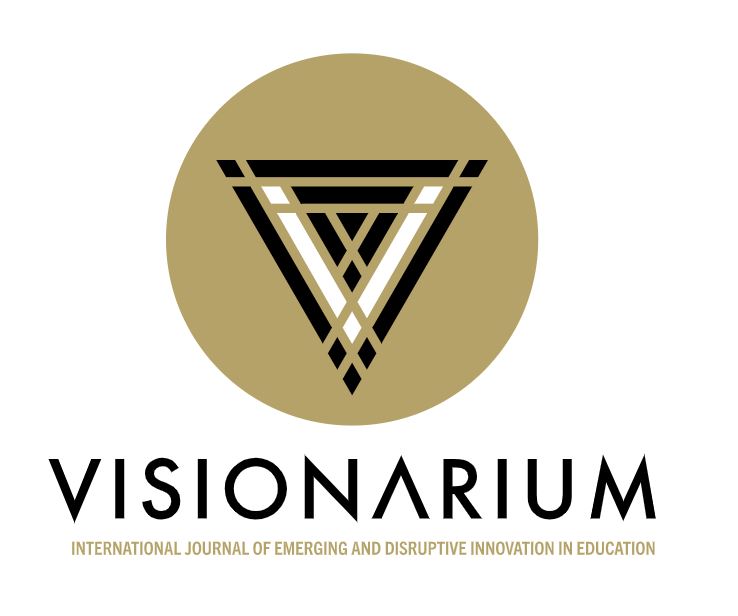Loading...
Document Type
Presentation
Abstract
Authors have noted the increasing importance of avatars in Higher Education, as more teaching is conducted virtually, drawing upon gaming conventions. However, it is also recognized that little is known about how students make use of avatars (especially over an extended period) and the subsequent impact on learning experiences. For the last three years, a module in the Faculty of Engineering at the University of Nottingham, UK has been conducted within a virtual world, termed Nottopia – where students (49 in 2020; 95 in 2021; 122 in 2022) predominately interact with each other and teaching staff in avatar form. Observation data constitutes 60 hours of video recordings of virtual world seminars. Students have also been surveyed (40% response rate) and interviewed. The experience of learning while in avatar form has been extremely positive, with students expressing a number of advantages to being an avatar – including the ability to express oneself in original/engaging ways, the ability to move freely in the environment (less restricted by social norms), increased confidence to speak up in class, reduced concern over actual physical appearance, and being praised for their avatar. Nevertheless, disadvantages were also apparent – including the distraction of certain avatars, inappropriate behaviors, usability challenges in designing an avatar, and lack of sense of self. An initial design framework for the use of avatars in Higher Education is proposed.
Publication Date
4-21-2023
Recommended Citation
Burnett, Gary and Harvey, Catherine, "Session 2: An Investigation of the Advantages and Disadvantages of University Students as Avatars in Virtual Learning Spaces" (2023). Panel Presentations. 6.
https://digitalcommons.lindenwood.edu/etfe2023/6


